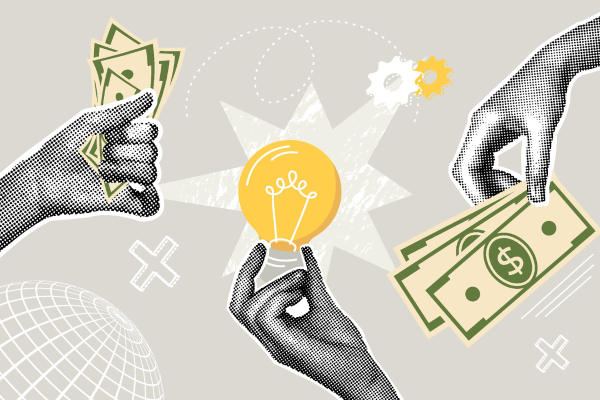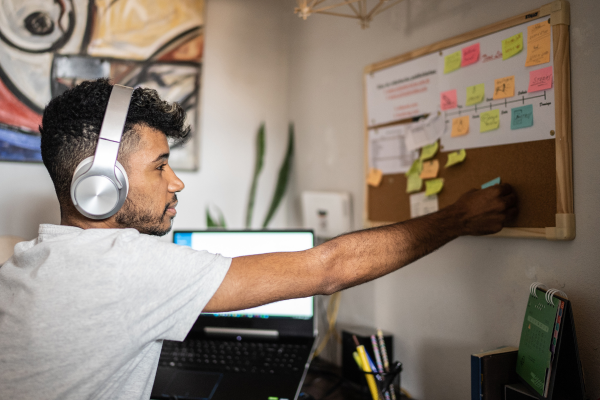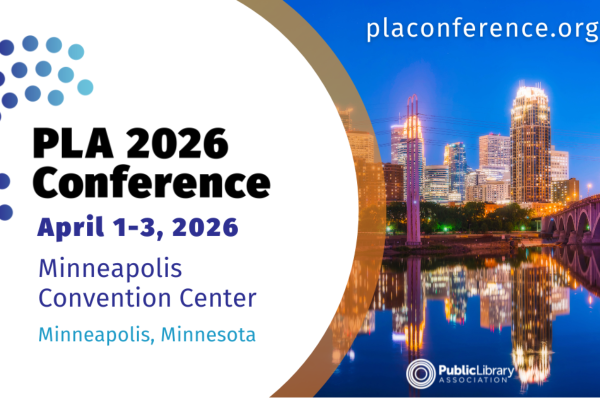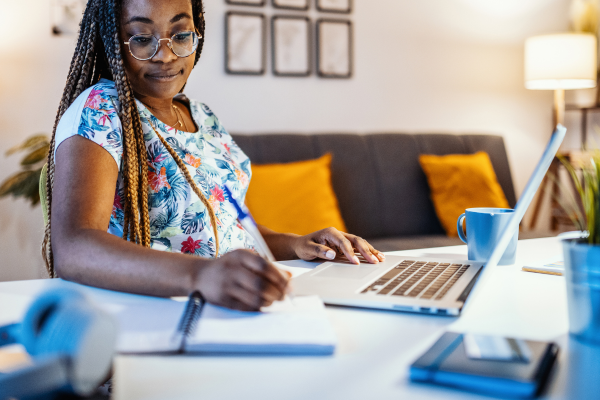
8 Tips for Financial Fitness from Programming Librarians
Tips from programming librarians on how they keep track of what they’re spending, determine whether they’re using funds wisely, and seek financial aid from outside sources.

9 Tips for Staying Organized from Busy Programming Librarians
Successful programming librarians from around the country — none formally trained in project management — share their tips, tricks, and suggestions for staying organized in a library setting.

PLA Conference 2026: Recommended Sessions for Programming Librarians
Public library workers from across the country will meet in Minneapolis at PLA Conference 2026 from April 1 – 3. Here are our recommended sessions for programming librarians.

A New eCourse to Learn the Grant Process for a New Year
This first-of-its-kind ALA self-paced eCourse provides a comprehensive foundation in collaborative grantseeking, proposal development and submission
Help! How Do I Talk About Disability at My Library?
Best practices for talking about disabilities in libraries and other public settings.
Drawn to the Library
Whatever draws you in, the library has something for everyone. Celebrate National Library Week (April 6 - 12, 2025) with these comic-related program ideas.
Call for Advisors: Digital Pathways
ALA seeks four librarian advisors to help shape a new digital health literacy project. Apply by April 30, 2025.
Sensory–Friendly Programs & Resources
How small and rural libraries are creating programs, spaces and collections that address the needs of patrons with sensory sensitivities.
Marketing Library Public Programs: Digging Deeper Into What We Know
Do library workers’ marketing tasks vary by levels of experience, education and the existence of marketing support staff? A survey shows that library workers with more years on the job are actually less confident about marketing tasks, with one exception.
Marketing Library Public Programs: The Survey Says…
A fieldwide survey highlights areas where library workers would benefit from greater support in marketing their public programs.
Visiting Santa at the Library: An Experience for All
One rural library’s experience creating a sensory-friendly Santa program for neurodivergent youth and their families.
Pairing STEAM with Stories
Libraries can foster learning by pairing picture books with STEAM activities. For creative approaches to problem-solving, take a look at these five playful learning programs.
Accessibility, Privacy, Dignity: How Libraries Are Addressing Hygiene Needs
Many libraries offer free hygiene supplies in restrooms. This interview with two Missouri librarians explores how they make it happen.
How a Chair Storage Room Became This Library's Star-Studded Wall
A nostalgic desire for autograph books and the dream to create a green room led the programming librarians at the Avon (Conn.) Library to the designate the “Chair Storage Room" as the new home of a “Wall of Fame.”
Apply Now: Sara Jaffarian School Library Award
School librarians are invited to apply for a $5,000 annual award recognizing outstanding humanities programming in kindergarten through twelfth grade.
Best Practices & Programs for Autistic Children
With greater autism awareness, librarians can remove barriers and provide supportive services and programming.
